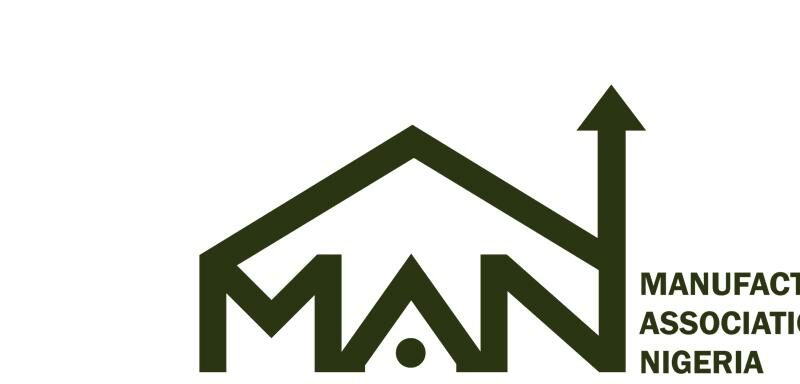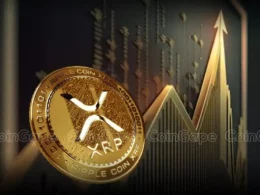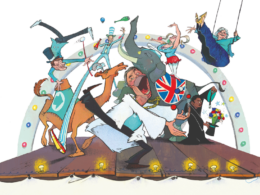Motorcycle manufacturers have blamed the political interests of some individuals as the reason for frustrating the implementation of the government’s imported components deletion programme, which seeks to eliminate Nigeria’s import dependence and preserve local industry.
Chairman of Motorcycle Manufacturers Association of Nigeria, Lambert Ekewuba, told The PUNCH in a phone interview that the country’s independence on Original Equipment Manufacturers for all components used in local motorcycle manufacturing weakens its foreign exchange and impacts the manufacturing sub-sectors’ supply chain.
He said, “It is a burden on the foreign exchange if we keep importing. For many years, motorcycles have been imported as a complete knockdown from mainly China, India, Japan, sometimes even Pakistan, and many other countries. Yes, it is a very big burden on the foreign exchange and a disruption to the supply chain that puts the sub-sector at a very big risk.”
Ekewuba affirmed that the government’s Motorcycle/Tricycle Components Deletion Programme was a viable response to this overreliance, but worried that a lack of political will, with other structural challenges, slowed any meaningful progress.
He alleged that many politicians who double as importers of motorcycles were deliberately slowing down the implementation of the deletion policy, stating, “The government has never made up its mind on this. There’s a lot of politics in it. Many of our politicians are importers of motorcycles.”
MOMAN’s chairman observed that the efforts to bring in foreign investments in the motorcycle manufacturing business lingered due to political interests, remarking, “We need to find a way to make these people come and invest in Nigeria and produce some of the parts here.
Each time the government tries to bring some of this investment to Nigeria, there’s a lot of politics on it.”
Ekewuba’s comments follow an April 15 address at MOMAN’s Annual General Meeting in Ikeja by the Director-General of the National Automotive Design and Development Council, Joseph Osanipin, calling for a shift towards local production of motorcycle and tricycle parts.
Osanipin advocated the phased deletion of imported components through a Motorcycle/Tricycle Components Deletion Programme, explaining that the plan was aimed at reducing foreign exchange pressure and making Nigeria a manufacturing hub for motorcycles and three-wheelers in Africa.
However, MOMAN’s chairman submitted that structural challenges, in addition to political frustration, threatened the viability of the local motorcycle manufacturing business.
Ekewuba stressed that Nigeria has the potential to serve as a distribution hub for West and Central Africa if the right policies are followed.
“Most of the motorcycles we assemble in Nigeria are exported to Cameroon, Togo and the Benin Republic,” he said. “We have a huge population. If you travel to China, you’d understand that they want to see a way that they can use Nigeria as a hub, so that everything will come through Nigeria to move to other African countries.”
MOMAN’s chairman opined that setting up Nigeria as a hub requires that the government act on its National Automotive Industry Development Plan.
“Nigeria will be a one-stop country for motorcycles and tricycles. So make it a hub here. That is why we have the NAIDP, which is how the government intends to make Nigeria a hub for motorcycles and tricycles, he asserted. “But we have already told the government that there is a lot it has to do before that goal can come to being.”
Ekewuba called on the government to protect local manufacturers producing parts for the after-sales market by raising import duties on plastic parts that are already being produced domestically.
“We’ve started producing things like trafficator lenses, footrests, mud flaps, chain covers and side covers in places like Nnewi,” he said. “What the government should do is discourage the importation of parts we can already produce. Raise duties on those imports.”
He also urged the government to streamline the number of motorcycle brands in the country, arguing that the current situation makes it commercially unviable to mass-produce parts.
He explained: “For you to delete a part, you need to think of volume. You can’t invest in moulds and machinery for just 50 units a year. If I’m producing a headlamp, I must be sure I can sell 2,000 or 5,000 in a year. Otherwise, it’s not profitable.”
Ekewuba maintained that the government’s focus should be on enabling local manufacturers to produce replacement parts for the after-sales market, rather than pushing for local components in new products controlled by foreign OEMs who may not approve third-party parts.
“No OEM will allow unapproved parts on their motorcycles,” Ekewuba stated. “The deletion programme is good, but we should be realistic. We’re not OEMs. We don’t own the technology. We can only produce parts for the replacement market.”
Ekewuba also lamented the absence of a functioning local steel industry, noting that even when parts require metal, manufacturers are still forced to import, noting “Ajaokuta Steel is not working. So everything is still being imported.”
Despite these challenges, MOMAN welcomed the NADDC’s vehicle financing scheme, which aims to improve affordability and access to locally assembled motorcycles and tricycles.
But he warned that unless the government backs local producers and limits unnecessary imports, the industry risks stagnation.







